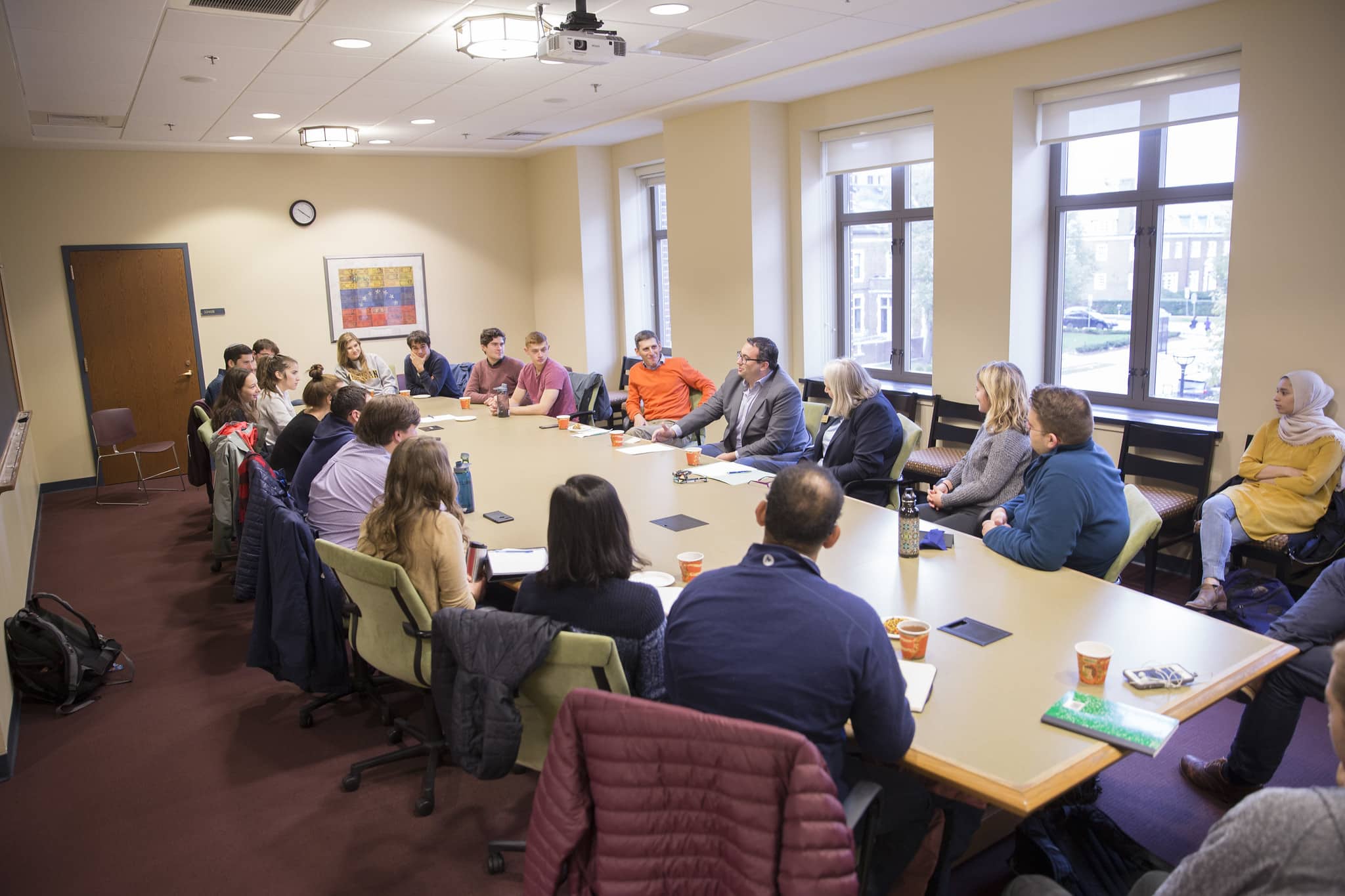I have a few modern day heroes who have extremely persuasive ideas about how to organise society. Two of them are Natan Sharansky and Nassim Nicholas Taleb.
Sharansky’s book, The Case for Democracy, was focused on how an open and democratic government was inherently more legitimate – and that the governments of closed, fear, societies were inherently fragile and illegitimate. After all, not even Vladimir Putin or Xi Jinping think they would survive an open and democratic vote: or they would allow one! Because those regimes know they would not be endorsed freely by their community, those regimes use force instead. Sharansky should know the nature of that force, since he was imprisoned in a Soviet Gulag.
Similarly, Taleb’s book, Antifragile, wrote about strong and resilient systems (beyond just the field of national governments). He argued that good systems were resilient, and that in a good democratic system, there is a vent to express displeasure. Systems that do not allow the public to express dissatisfaction look very robust temporarily – but they are at risk of collapsing suddenly (for example, see what the end of the 1980s did to European Communist systems). “Some things benefit from shocks,” Taleb writes. “They thrive and grow when exposed to volatility, randomness, disorder, and stressors.”
The value of openness is not just essential for political systems, but is essential for financial systems as well: witness, for example, the rise of capitalism sparked by the Scottish Enlightenment where distributed and open capitalism produced truly amazing economic prosperity. Since the early 1700s, the world has been dominated by a small, wet, but relatively open archipelago off the north-west of Europe and its intellectual children.
Two great examples remind us of this in the last few weeks:
Roaring Kitty
Just over a month ago, Gamestop caught global attention as the center of unusual trading activity. If you’re unfamiliar with the story, Matt Levine’s explanations are outstanding.
Anyway, for the purposes of this post, you can just assume that Keith Gill (‘Roaring Kitty)’ is one of the world’s most anti-establishment financial market activists. He writes:
I’ve been asked why I decided to share my investment ideas on social media. My investment skills had reached a level where I felt sharing them publicly could help others. I also thought that by sharing my own ideas and accepting critiques, I would be able to identify holes in my analysis. Hedge funds and other Wall Street firms have teams of analysts working together to compile research and critique investment ideas, while individual investors have not had that advantage. Social media platforms like YouTube, Twitter, and WallStreetBets on Reddit are leveling the playing field. And in a year of quarantines and COVID, engaging with other investors on social media was a safe way to socialize. We had fun.
(my emphasis)
TESTIMONY OF KEITH PATRICK GILL BEFORE THE U.S. HOUSE COMMITTEE ON FINANCIAL SERVICES
And further, on the way that he operated a live video stream of his investing conversations and engaged with people who provided comments:
For those of us who did care, the stream provided us an outlet for refining our fundamentals-based thesis. We were able to analyze events in real-time and keep each other honest.
(again, my emphasis)
TESTIMONY OF KEITH PATRICK GILL BEFORE THE U.S. HOUSE COMMITTEE ON FINANCIAL SERVICES
ARK Invest
In contrast to the solo approach of ‘Roaring Kitty’ is ARK Invest. This is a booming investment asset management company, which had ‘a torrent of [capital] inflows in 2020.‘ But still, it benefits from open and public scrutiny of its investment decision as this podcast discusses.
This paragraph highlights their focus on building a resilient investment management system focused on taking advantage of future shocks, and on benefiting from open, public, engagement and information:
It’s really easy to suffer from a failure of the imagination… And so the only hope to begin to understand the potential scope and breadth… is to expand your information footprint to be totally transparent about what you believe is going to happen. And so we publish blogs, we publish white papers, we talk on podcasts, we have our own podcast, it’s FYI, For Your Innovation, you should listen to it. And we do that because when we produce this information, when we’re transparent with our forecasts, that information attracts other information, people come back at us and say, I don’t understand how you got to that conclusion, you’re wrong about solid state batteries, they really seek to combat us to argue from first principles, whether or not we’re right, and why. And so this helps us to understand what the limitations are of our ability to tell what’s going to happen in the future. And to get a sense for some things that we may not have imagined that we should be underwriting in to our fundamental models. And so that’s very different, you know, just being able to access Twitter is not something that was is allowed in a lot of fun management shops, that seems crazy to me, our analysts are on Twitter, they’re interacting with the community, this is the way you understand how the world is going to work. We believe that it gives us a competitive edge that from the beginning, we’ve designed ourselves to be able to compliantly do that.
ARK’s Head of Research on How They Find the Next Huge Winner
Increasingly, legacy closed systems are going to collapse as their old and brittle structures collapse. It will be dynamic and open systems which find the truth – the truth of politics, the truth of finance, and the truth of science.

